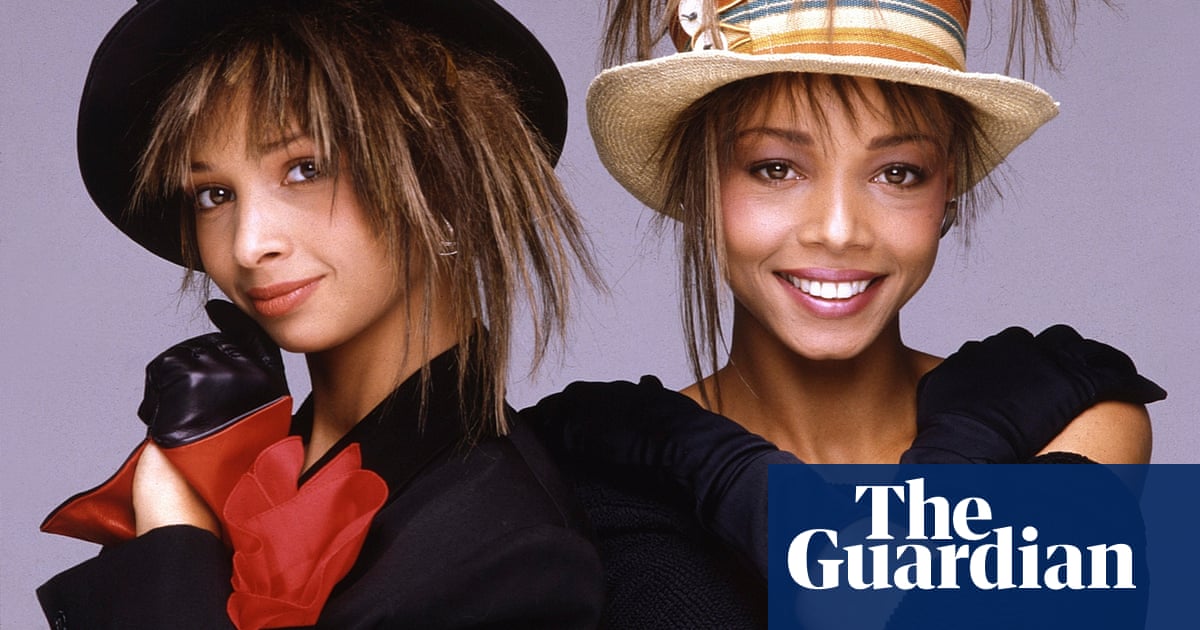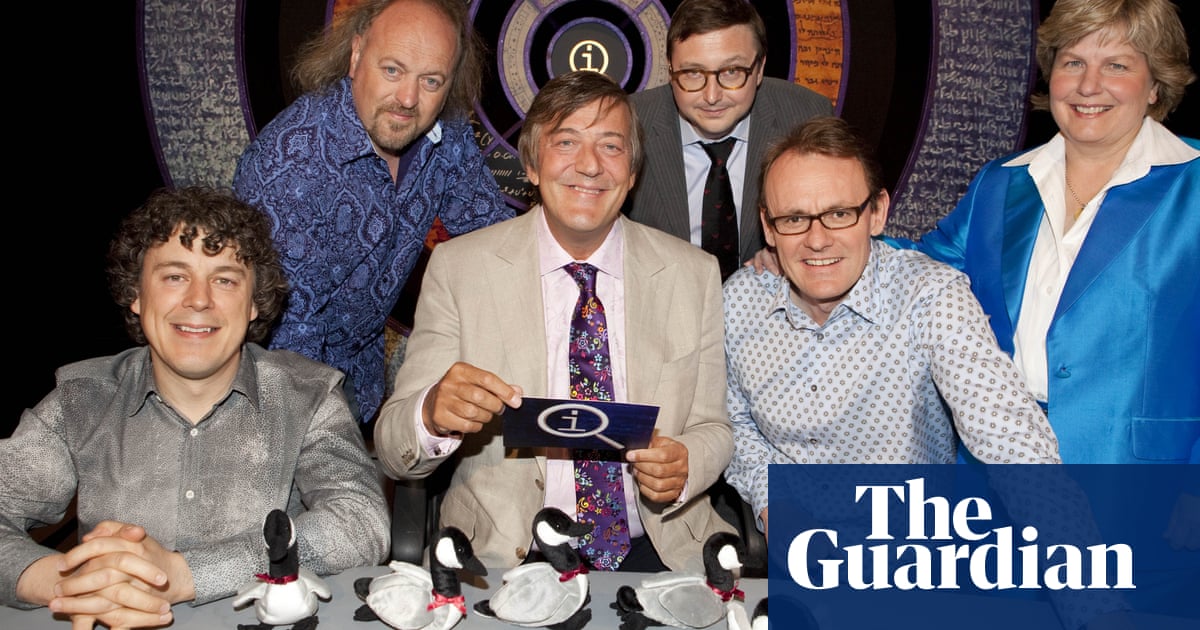
Sarah Shields, casting
My job was to find characters with charisma and interesting things to say. My boss at RDF Media at the time, Stephen Lambert, was experimenting by mixing entertainment formats with documentary production. Big Brother was already on the air, but it felt like we were leading the way in this new genre of television-making.
Stephen’s wife, Jenni Russell, had the idea of making a sort of modern-day My Fair Lady/Pygmalion – take people from one walk of life and teach them to pass themselves off as the opposite of who they are. The first show was commissioned as a one-off documentary, part of a Channel 4 strand called Cutting Edge.
Stephen wanted a director called Mike Warner to make the first show as he had a good entertainment sensibility, and Mike asked me if I wanted to work on it with him. I knew it was a great idea – brilliantly simple and uplifting. I think we all knew we were making something good, but I don’t think we knew how good. The genius of Stephen was being able to create this bigger entity from what started as a one-off idea.
It was one of the first times a factual show was made using documentary filming techniques and was then commissioned as a repeatable “entertainment” format. Faking It and shows like it came to be known as factual entertainment formats.
The first aired episode saw a sweet, softly-spoken young man trying to pass himself off as a nightclub doorman. As for all the episodes, we were looking for someone with a great personality who could carry an hour of TV, a compelling character who was the polar opposite of a bouncer. We were looking for someone who the audience would be rooting for to succeed. Alex [Geikie] was completely innocent and a total sweetheart. The bouncers were from very different backgrounds to Alex; they were also lovely people but hard as nails.
There was a classic moment where we drove Alex through the estate for the first time and there was a mattress up against the wall. He’d never been to a council estate, he’d never seen a mattress on the street. It was priceless. It really was, like, “Wow, where have you been?” I think that’s probably why we picked him, because he hadn’t really left his twee country village, and we took him to Hackney, which 20 years ago was rough. It was the journey of Alex’s character that we were looking for.
Making the show was a deeply affecting experience for us all. It was the start of a new era of TV. It changed everything.
Alex Geikie, star of first episode
I was a chemistry student at Oxford University and shared a house with three other people. One of the guys would print off every single spam email that he got, and I came across one of these pieces of paper on the stairs. It said there was an audition happening not far from where we lived. I thought: “That could be interesting.” It didn’t say what it was or what it was going to be.
I went down and met this person over a cup of coffee, then the following Wednesday they called and asked if I could come to London. I met more of the team and they asked me if I wanted to do the programme, still not telling me what it was. Back then we didn’t really know what reality TV was. Once I signed on the dotted line, they said: “OK, you’re going to be trained and working as a bouncer in central London.”
I didn’t know what any of that entailed. I hadn’t really come across that sort of lifestyle before. I guess I didn’t underestimate it, I just didn’t comprehend how impactful it could be for the rest of my life.
Coming out on national TV was not ideal. It just happened. That was one of the naive things about me at the time, which was wonderful, actually, because it was honest. It wasn’t set up at all and I hadn’t thought of the repercussions. I realised that if I could learn to be a bouncer, having been as naive and as useless as I was, then I could pretty much do anything.
I don’t think there will be one day that goes by without something reminding me of Faking It. I’ve really found my own path in life since then. I moved to Australia where I worked as a bouncer for six or seven months. I’m still there, but today I work with people with disabilities in New South Wales. We are 20 years on from the show and I still remember every aspect of it. I wouldn’t be me without it.












